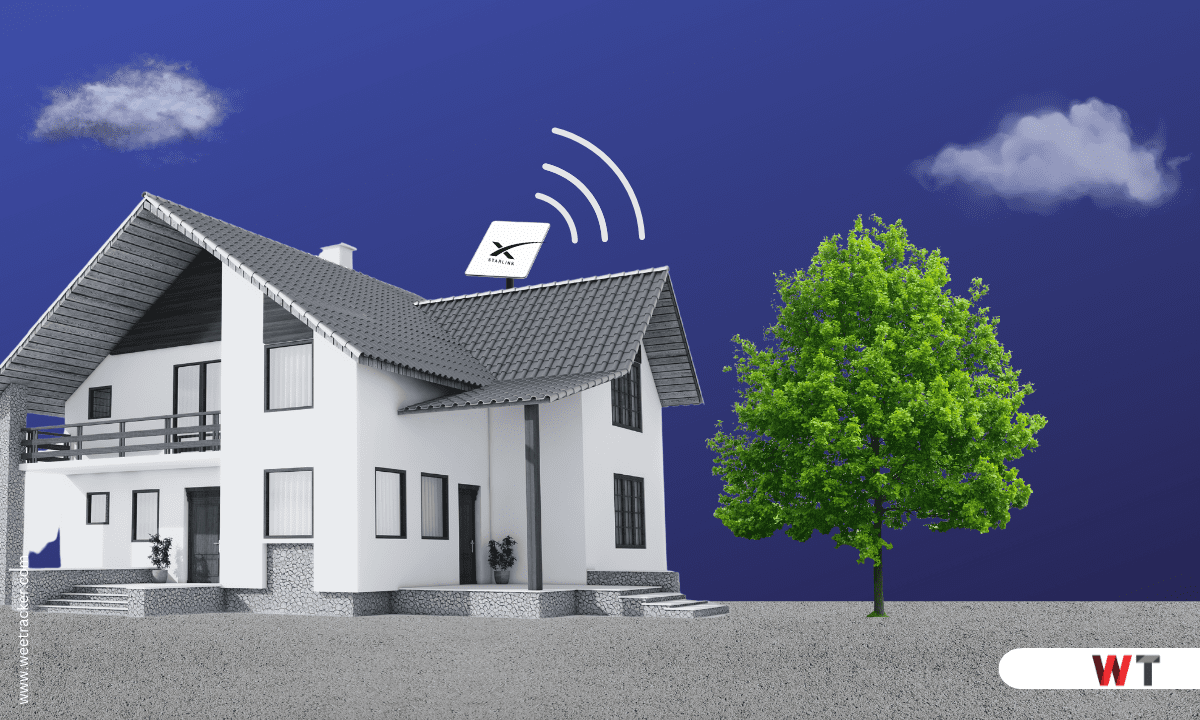Starlink Expands Across Africa But Faces Bumpy Ride into South Africa

As Starlink’s internet service continues to play a game of connect-the-dots across the African digital landscape, its journey into South Africa has been anything but smooth.
Initially slated to launch in 2023, the Elon Musk-owned company finds itself stuck in a web of red tape and protracted negotiations, leaving its South African debut to be postponed indefinitely.
For the tech giant that promises to conquer space, the terrestrial challenges of navigating South Africa’s complex regulations have proven a formidable adversary.
With an official launch remaining a distant dream, the company recently released a notice that it would terminate the connections of all individuals and businesses using Starlink in unauthorized locations.
This disconnection will affect roaming customers who registered their kits outside of South Africa but have continued to enjoy the service within the country’s borders, where Starlink remains unlicensed.
The prevailing belief is that Starlink’s lack of license is due to the country’s Electronic Communication Act’s stringent requirement of 30% black ownership equity for any company wanting to operate. For Starlink, this regulation has been a stubborn hurdle.
Success Story Next Door
As challenges in the Southern African country seem unyielding, the satellite internet company appears to be breaking barriers in another.
Starlink has officially kicked off operations in next-door Botswana, where it initially faced similar challenges. This launch makes it the third African country to join the Starlink family in only this month, following similar successes in Sudan and soon-to-be-launched Ghana.
The debut comes 3 months after the Botswana Communications Regulatory Authority (BOCRA) granted Starlink its operating license, following a year of intense negotiations.
With traditional ISPs struggling to provide reliable connectivity, Starlink’s constellation of Low-Earth Orbiting (LEO) satellites in Botswana is poised to be a game-changer, offering high-speed internet to even the most remote and underserved areas.
The service promises to deliver download speeds between 50-250 Mbps, a leap from Botswana’s current average of just 8 Mbps, according to a report by Ookla Speedtest Global Index.
However, Starlink access has a high barrier of entry with a hardware price range of USD 600 to USD 2,500. This can be a significant upfront cost for many potential customers, especially in regions with lower incomes.
Smooth Sailing in Africa’s Giant
Meanwhile, over in West African country, Nigeria –Starlink’s first African market–rather than facing pushback Starlink has been riding a wave of momentum.
It recently inked a strategic partnership with Nigerian online marketplace, Konga. The partnership aims to provide satellite internet services to underserved areas, bridging the digital divide in regions with limited or no terrestrial internet coverage.
To celebrate the partnership, Konga is running a “Starlink Week” limited-time campaign that will offer discounts and other perks on Starlink kits on the platform from Monday, August 26th to Saturday, August 31st, 2024. Notably, Konga as the only authorized shop-in-shop for Starlink in Nigeria has been instrumental in making the Starlink kit accessible to more users.
Rising Challenge for Kenya’s Local Players
To the East, Starlink is doing more than just bringing high-speed internet to those who need it most—it is turning the heat on the local players in Kenya. Per a previous report by WeeTracker, Starlink has gained significant traction in Kenya, with its user base growing tenfold in the first quarter of 2024 alone.
This rapid expansion has caught the attention of local players, with the country’s largest telecommunications company, Safaricom, now calling for stricter regulations on the satellite internet provider amid fears that the continued growth of Starlink could erode its market share and revenue.
Starlink’s journey across Africa has been a mix of triumphs and challenges. While its African expansion faces regulatory pushbacks and challenges in some regions, the company is making significant strides in others. With a population of 1.3 billion and only 40% internet penetration—the lowest in the world—the African continent remains a huge market with even bigger potential.